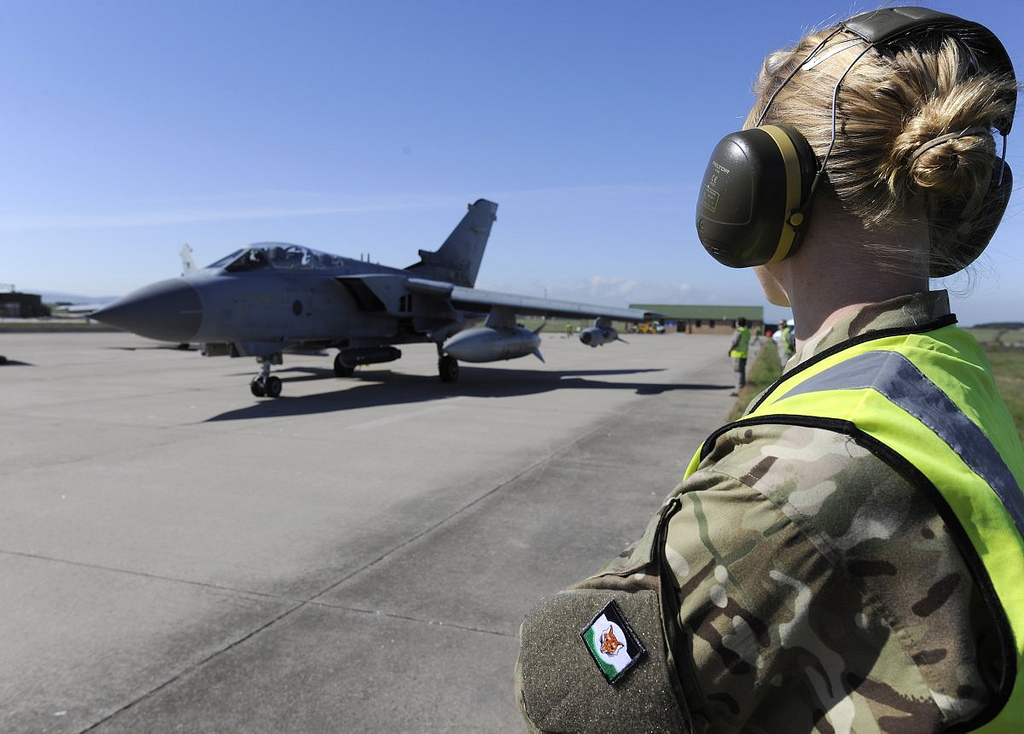A new agreement has been struck within the 20-member alliance of nations against the Islamic State of Iraq and Syria, meaning for the first time coalition forces will be able to strike at ISIS from close range by flying from Turkish airbases close to the border.
Although the news has been welcomed by U.S. National Security Adviser Susan Rice, Turkey will still not commit its own forces to the fight despite their position in commanding one of the world’s largest armies while sitting on the doorstep of ISIS forces, reports Bloomberg. Turkey remains reticent to engage the ISIS forces that are now within range of sight from the Turkish border, citing the threat posed by the Syrian air force to Turkish troops on the ground and the need to establish a no-fly zone, which will doubtless need American cooperation.
For its stalling, Turkey has faced near constant criticism from the Kurdish diaspora worldwide that they are deliberately standing by as ISIS kills thousands of Kurds, an ethnic group that Turkey has long considered an enemy.
American aircraft have long been stationed at Turkish airbases, but until now have been limited to flying humanitarian and reconnaissance missions, launching armed flights instead from more distant allied nations and from the USS George HW Bush aircraft carrier. The carrier, which is escorted by a British destroyer is presently stationed in the Red Sea and aircraft attacking ISIS troops in Iraq and Syria take a long flight over Saudi Arabia to reach their targets. Flying from bases on the Turkish border will significantly reduce the burden of flight time on pilots, the cost of fuel, and the availability of planes for strikes against the jihadists.
Although the United States Air Force will likely be the first to take advantage of the new bases they would also be of significant utility to the Royal Air Force, which is presently flying eight Tornado fighter bombers from an airbase on Cyprus, which is a 1,100 mile return flight to Northern Iraq. The long range missions necessitate the use of in-flight refuelling, a complex and expensive operation that could be done away with if a typical bombing run could be cut to just 200 miles.
ISIS is presently locked in a bloody fight in the northern Syrian city of Kobane, where they have taken a number of suburbs from defending Kurdish forces. If Kobane fell to ISIS, it would link up a long crescent of Islamic State territory along the Syrian M4 and 712 highways from Aleppo Eastwards that occupies nearly half of the Turk-Syrian border. The United Nations has been warned that a “humanitarian catastrophe” is unfolding in the city, as defending Kurds are trapped between the heavily guarded Turkish border immediately to the North, and advancing Islamic State forces to the south.

COMMENTS
Please let us know if you're having issues with commenting.